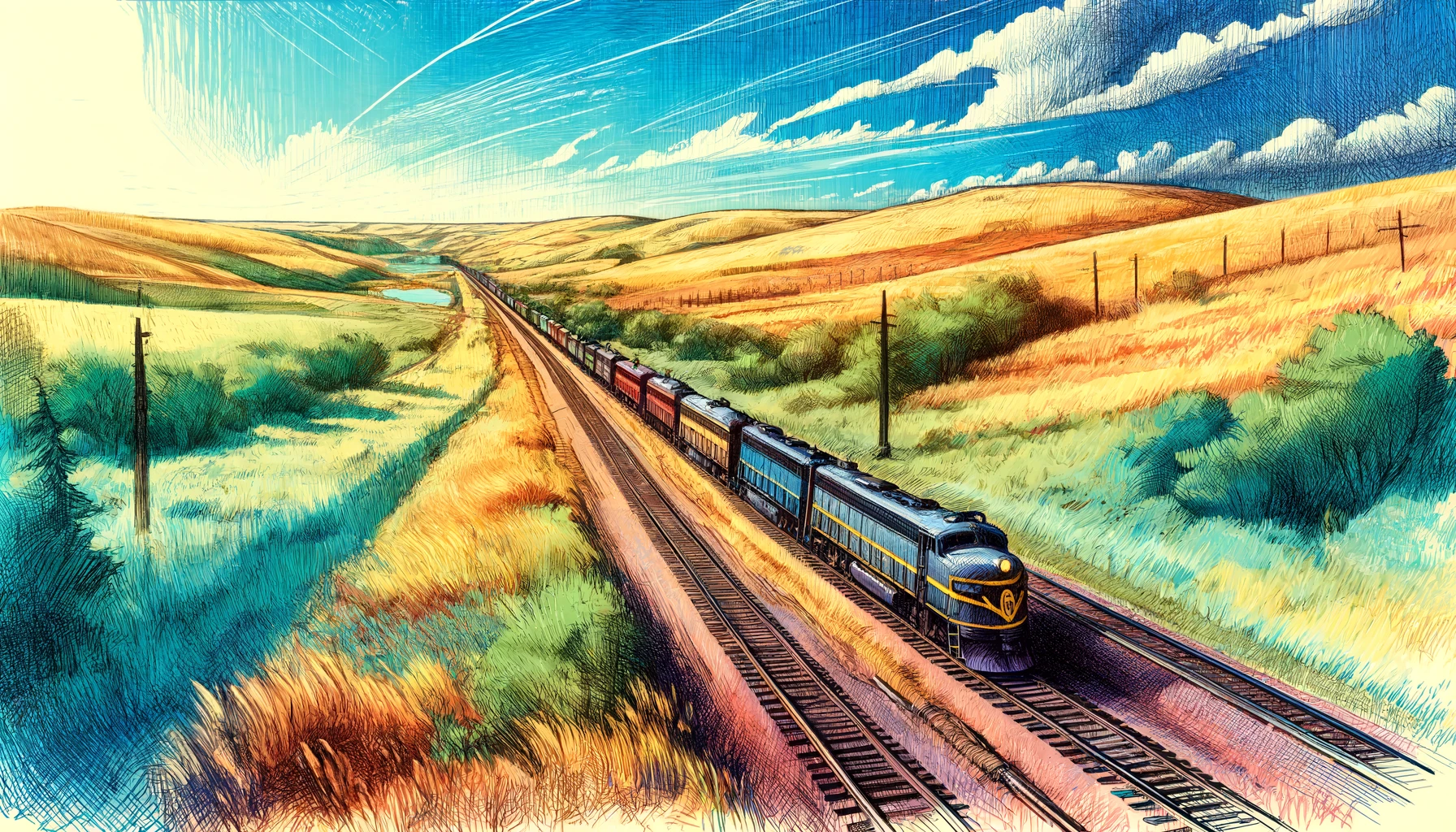Pioneer Village, A Step Back in Time

Traveling through Nebraska, one may stumble upon a hidden gem in Minden, Nebraska, a small town with a population of just over 2,900 people, where the concept of time seems to stand still. Pioneer Village, a living history museum, showcases the early years of American settlement through its extensive collection of nearly 250,000 historical items, preserved buildings, and artifacts.
Located at 138 East 4th Street in Minden, Nebraska, the village covers an impressive 20-acre area and features an array of historic structures, including churches, houses, schools, stores, a post office, a bank, and several other town buildings. The meticulous preservation work of the village is remarkable, allowing visitors to step into the shoes of earlier settlers, observing, firsthand, the remnants of an era characterized by ingenuity, hard work, and perseverance.
Harold Warp, the founder of Pioneer Village, has put his heart and soul into the establishment, tirelessly collecting artifacts for over 60 years. His vision, which began in 1936, has gradually transformed the space into an all-encompassing historical complex that provides an insightful look into America's pioneering past. Warp's efforts have not only garnered recognition from the state and regional institutions but also established Pioneer Village as a top-tier destination among Nebraska's roadside attractions.
Guests strolling through the complex can relive the past by exploring America's transportation history at the Automotive Hall of Fame. They will find classic cars, airplanes, and bicycles on display, each an impressive testament to human ingenuity. Visitors can also experience the early American homesteader lifestyle in a meticulously recreated pioneer home, showcasing artifacts like hand-carved furniture and primitive agricultural equipment.
In addition to showcasing historical artifacts, Pioneer Village often holds demonstrations and workshops highlighting the crafting techniques employed by early settlers. The skilled artisans work their magic on an operational loom, brick-making oven, or smithey, sharing their expertise with curious visitors.
The on-site museum provides in-depth background information on the exhibits, complementing the tours. Exhibits span a diverse range of topics, including early American agriculture, clothing, furniture-making, and gunsmithing. The village also caters to youngsters, who can enjoy petting zoos, face painting, and educational hands-on activities designed to facilitate an engaging as well as educational experience.
Pioneer Village is an enriching place, home to a vibrant tapestry of preserved structures and timeless relics from America's exciting early days. In its commitment to sharing our collective heritage, this unusual roadside attraction contributes to a broader understanding of American history and culture. Travelers on the roads of Nebraska would be wise not to miss this magnificent window to the country's captivating pioneering era.
Beyond its boundaries, the village continues to work towards contributing to a deeper appreciation for the nation's collective history. Its continued existence reminds us of the captivating journey the United States has traveled and captures America's enduring spirit of pioneering against the vast open range.
A recent grant secured by the museum allowed it to expand and modernize. Future plans include incorporating further interpretation techniques as well as establishing educational programs, aimed to enhance historical education within the regional community.
Located at 138 East 4th Street in Minden, Nebraska, the village covers an impressive 20-acre area and features an array of historic structures, including churches, houses, schools, stores, a post office, a bank, and several other town buildings. The meticulous preservation work of the village is remarkable, allowing visitors to step into the shoes of earlier settlers, observing, firsthand, the remnants of an era characterized by ingenuity, hard work, and perseverance.
Harold Warp, the founder of Pioneer Village, has put his heart and soul into the establishment, tirelessly collecting artifacts for over 60 years. His vision, which began in 1936, has gradually transformed the space into an all-encompassing historical complex that provides an insightful look into America's pioneering past. Warp's efforts have not only garnered recognition from the state and regional institutions but also established Pioneer Village as a top-tier destination among Nebraska's roadside attractions.
Guests strolling through the complex can relive the past by exploring America's transportation history at the Automotive Hall of Fame. They will find classic cars, airplanes, and bicycles on display, each an impressive testament to human ingenuity. Visitors can also experience the early American homesteader lifestyle in a meticulously recreated pioneer home, showcasing artifacts like hand-carved furniture and primitive agricultural equipment.
In addition to showcasing historical artifacts, Pioneer Village often holds demonstrations and workshops highlighting the crafting techniques employed by early settlers. The skilled artisans work their magic on an operational loom, brick-making oven, or smithey, sharing their expertise with curious visitors.
The on-site museum provides in-depth background information on the exhibits, complementing the tours. Exhibits span a diverse range of topics, including early American agriculture, clothing, furniture-making, and gunsmithing. The village also caters to youngsters, who can enjoy petting zoos, face painting, and educational hands-on activities designed to facilitate an engaging as well as educational experience.
Pioneer Village is an enriching place, home to a vibrant tapestry of preserved structures and timeless relics from America's exciting early days. In its commitment to sharing our collective heritage, this unusual roadside attraction contributes to a broader understanding of American history and culture. Travelers on the roads of Nebraska would be wise not to miss this magnificent window to the country's captivating pioneering era.
Beyond its boundaries, the village continues to work towards contributing to a deeper appreciation for the nation's collective history. Its continued existence reminds us of the captivating journey the United States has traveled and captures America's enduring spirit of pioneering against the vast open range.
A recent grant secured by the museum allowed it to expand and modernize. Future plans include incorporating further interpretation techniques as well as establishing educational programs, aimed to enhance historical education within the regional community.
